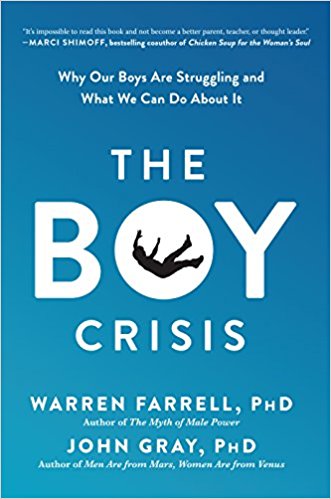![]()
and various other newspapers in Canada
Deadbeat parents owe $1.3B: Auditor
System in grave danger of collapse, auditor says
Canadian Press, December 2, 2003
Tens of thousands of parents and children are owed $1.3 billion in court-ordered support payments and the government agency that collects and forwards the money is in "grave danger" of collapse, Ontario's provincial auditor reported today.
In a scathing assessment of the Family Responsibility Office, the report says the system created to protect women and children from negligent men has only grown worse since he highlighted its shortcomings in 1999.
With families often desperately awaiting their money, the audit found it took an average of seven months from the time the office received a complaint that a payment had not been made until it even began trying to collect. In some cases, two years went by between attempts to get the outstanding money.
"You basically have women and children who are depending on these support payments (and) depending on the government to help them out to make sure they get their money," said Jim McCarter, assistant provincial auditor.
"Unless this thing is fixed, the government is not helping them out, they're not getting their money and it's creating extreme hardship for these people."
Part of the problem, the report notes, is that the number of front-line workers has fallen by 20 per cent since 1994, while their caseload shot up by almost 50 per cent.
Some individual workers now have as many as 1,300 cases to manage - one individual was handling more than 1,700 cases - but no one staff member is responsible for any particular case.
In each of about 1,500 cases, the amount owing totalled more than $50,000, yet no one was dealing with them.
"Unless the office takes aggressive enforcement action . . . it is in grave danger of failing to meet its mandated responsibilities," Erik Peters, who retired in September, wrote in his final report as provincial auditor.
Laurel Rothman of the Family Service Association of Toronto said she was "just appalled" by the findings.
"After detailed recommendations, several years have gone by and nothing has improved, indeed, it has got worse," said Rothman.
"No wonder we have all kinds of families, including working families with kids with no choice but to go to foodbanks."
The report found that phoning for information is a huge exercise in frustration, particularly for clients outside the Toronto area. As many as 90 per cent of non-Toronto calls were "blocked" or went unanswered, the auditor found.
The report notes that many of those who rely on the agency are in relatively dire straits. About 23,000 people on welfare are owed more than $200 million.
Overall, only one-third of cases were fully paid up and another third were in partial compliance.
In all, 136,000 cases were behind a total of $1.3 billion - an eight per cent jump from 1999






